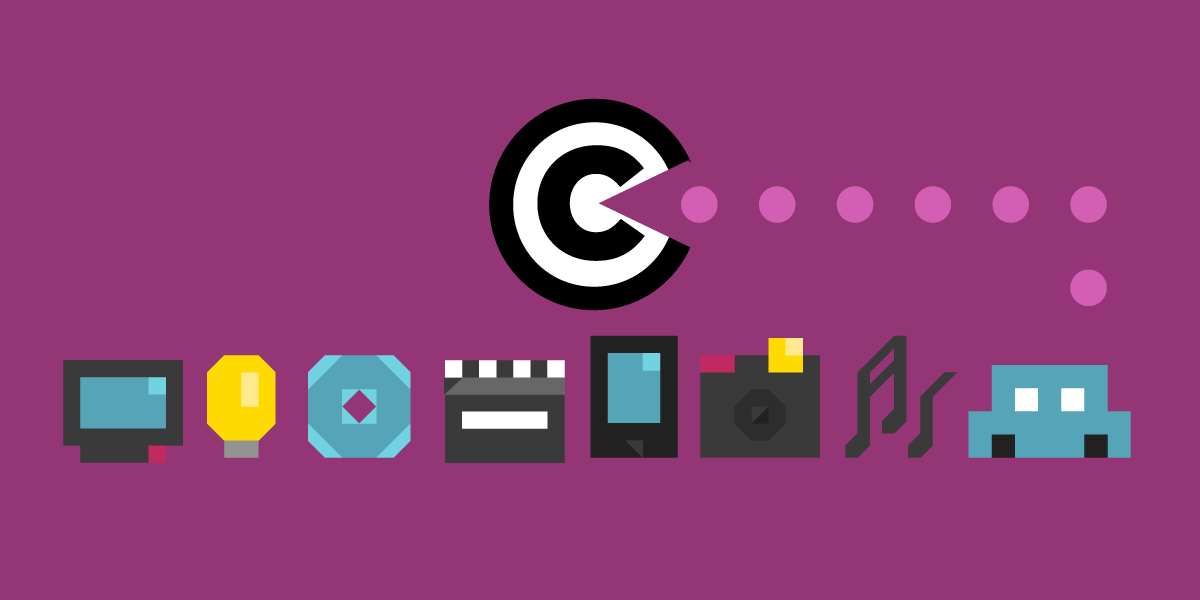Here’s the translation to American English:
—
A recent ruling by the Ninth Circuit has reaffirmed a crucial limitation on subpoenas under the Digital Millennium Copyright Act (DMCA), which has been subject to interpretation in other federal courts for over two decades. This law, enacted in the 1990s to combat online piracy, has faced criticism for providing tools that can be misused, particularly by opportunistic litigants known as “copyright trolls.”
The “notice and takedown” provision established by the DMCA offers rights holders a quick and easy way to censor content they consider infringing, without the need for judicial processes. Section 512 of the DMCA allows service providers to remove access to certain content upon receiving infringement notifications.
However, the controversy lies in Section 512(h), which allows rights holders to request a court subpoena to reveal the identities of anonymous online users suspected of infringing copyrights, without requiring a judge’s consent. This has raised concerns about potential abuses that undermine the right to anonymous free speech.
Fortunately, Section 512(h) includes a significant limitation that protects internet users. Several federal appellate courts have ruled that subpoenas under this section cannot be issued to Internet Service Providers (ISPs), a principle reaffirmed in the recent case “In re Internet Subscribers of Cox Communications, LLC.” The Ninth Circuit aligned itself with this interpretation, supported by a report from the Electronic Frontier Foundation (EFF).
The court argued that a service provider cannot receive a valid notice that would allow the issuance of a subpoena under Section 512(h), as it does not have the capability to remove or disable access to infringing content. This decision preserves the common understanding of Section 512(h), which has been shared by internet users, websites, and rights holders for decades.
The EFF celebrated the ruling, emphasizing that it ensures important procedural safeguards for internet users against those seeking to profit from ongoing litigation and threats. This consensus among three federal appellate courts provides assurance to ISPs across the country to protect their customers’ privacy and dismiss inappropriate DMCA subpoenas.
—
Let me know if you need any adjustments to the text!
via: MiMub in Spanish










